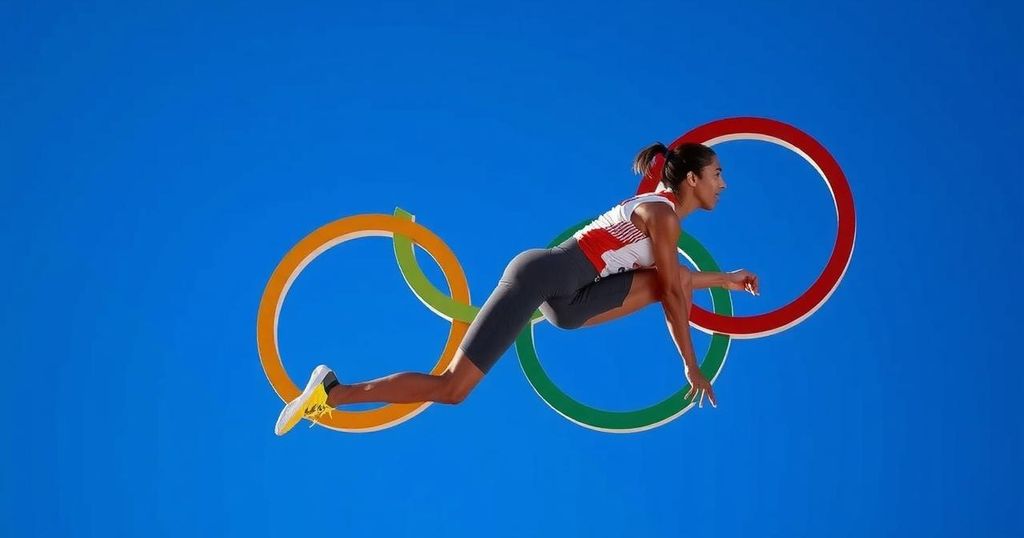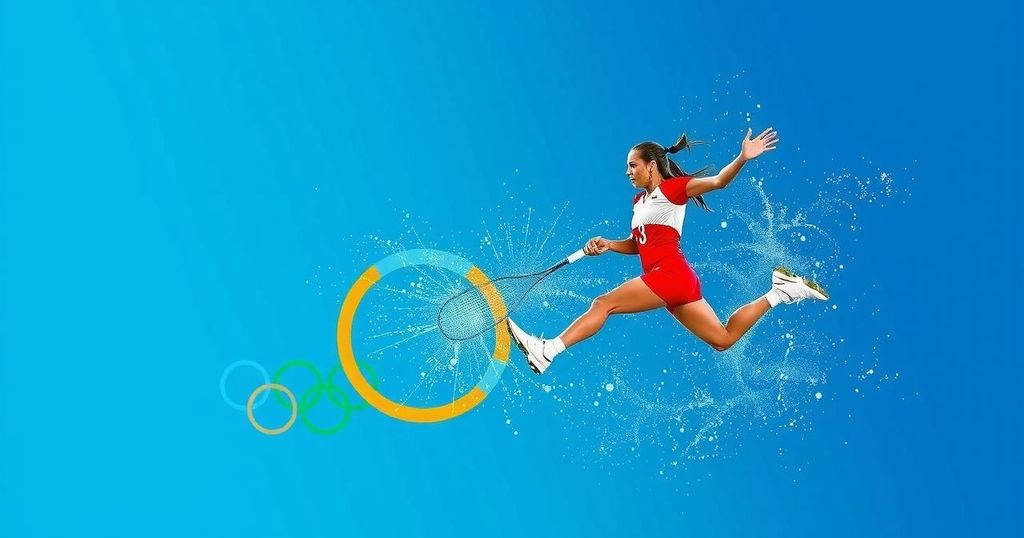Concerning Prospects for British Athletes Ahead of LA 2028 Games Due to Funding Issues
A recent survey indicates that many British Olympic and Paralympic athletes may quit their sports before the LA 2028 Games unless funding increases significantly. The survey found that 64% of athletes would stop competing without substantial financial support, prompting a call for urgent government action to prevent a crisis in British sports funding.
Recent findings suggest a concerning sentiment among British Olympic and Paralympic athletes regarding their futures unless there is a significant increase in funding. According to a survey conducted by the British Elite Athlete Association (BEAA), approximately 64% of 189 athletes indicated that they would consider ending their athletic careers if their financial support does not improve. An additional 21% expressed uncertainty about their prospects under the current funding conditions, while only 15% felt they could continue with their existing grants. This study highlights a potential crisis facing British sport, with athletes relying heavily on government grants known as Athlete Performance Awards (APAs), which are intended to enable full concentration on training and competition. These awards have seen limitations, with the government set to confirm funding levels for the upcoming Paris 2024 and Los Angeles 2028 Olympic cycles after the autumn Budget. The previous funding cycle allocated £385 million, but many athletes reportedly earn significantly less than the maximum APA of £28,000 per year. Prominent athletes, including GB hockey captain Hollie Pearne-Webb, have voiced their concerns, particularly regarding athletes from lower-income backgrounds. Pearne-Webb emphasized that, “A lot held on until Paris, but many won’t be able to sustain themselves for another four years without higher grants… Without urgently addressing athlete funding we’ll force out the next generation of British Olympians and Paralympians, or restrict that honour to only the most privileged.” Several elite athletes have co-signed a letter to the culture secretary, Lisa Nandy, urging immediate action to address their financial struggles. The letter articulates that the static grants amidst rising living costs have placed an unsustainable burden on athletes and their families. BEAA chairman Dominic Mahoney reinforced that current support structures have not kept pace with inflation, resulting in what amounts to real-term reductions in athlete funding. Despite the government’s assurance of continued support and a commitment to securing future success on the world stage, athletes remain apprehensive about the financial sustainability of their sports careers as they prepare for the upcoming Games.
The topic addresses the critical issue of funding for British athletes as they prepare for the upcoming Olympic and Paralympic cycles leading to the Los Angeles 2028 Games. The recent survey by the BEAA reveals significant dissatisfaction among athletes regarding their financial support, which is essential for their training and competition. The context is further complicated by the ongoing cost of living crisis that exacerbates the financial pressures on athletes, particularly those from less privileged backgrounds. This situation poses a potential threat to the future of British sport if not adequately addressed by the government and funding bodies. The importance of the Athlete Performance Award system is highlighted, as it aims to provide support for athletes to focus on their performance without financial distractions, yet its declining real value due to inflation is a growing concern.
In conclusion, the future of British Olympic and Paralympic athletes is at risk due to inadequate financial support, as indicated by a survey revealing that a significant portion of athletes may exit their sports if funding does not improve. The current grants have not kept up with inflation, creating a worrying environment for athletes, particularly those from lower-income backgrounds. Calls for increased funding are being made by athletes and their representatives to prevent a crisis that could limit opportunities for future Olympians and Paralympians.
Original Source: www.bbc.com








Post Comment